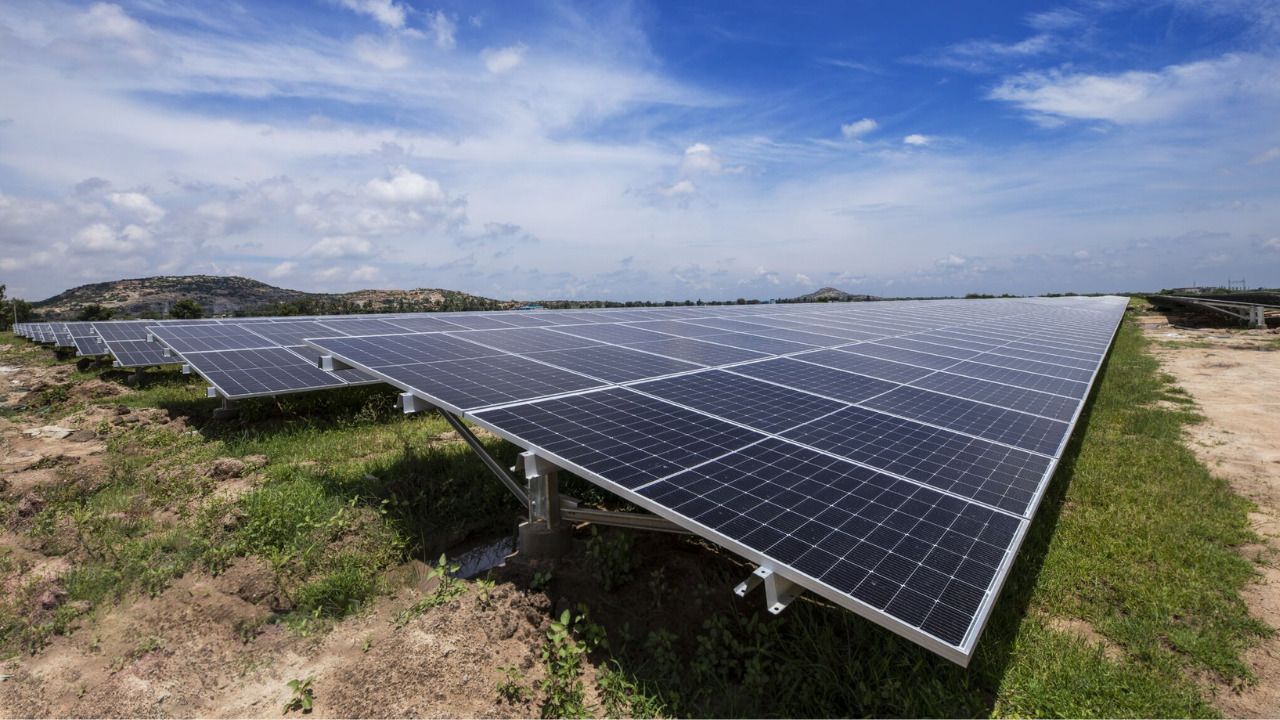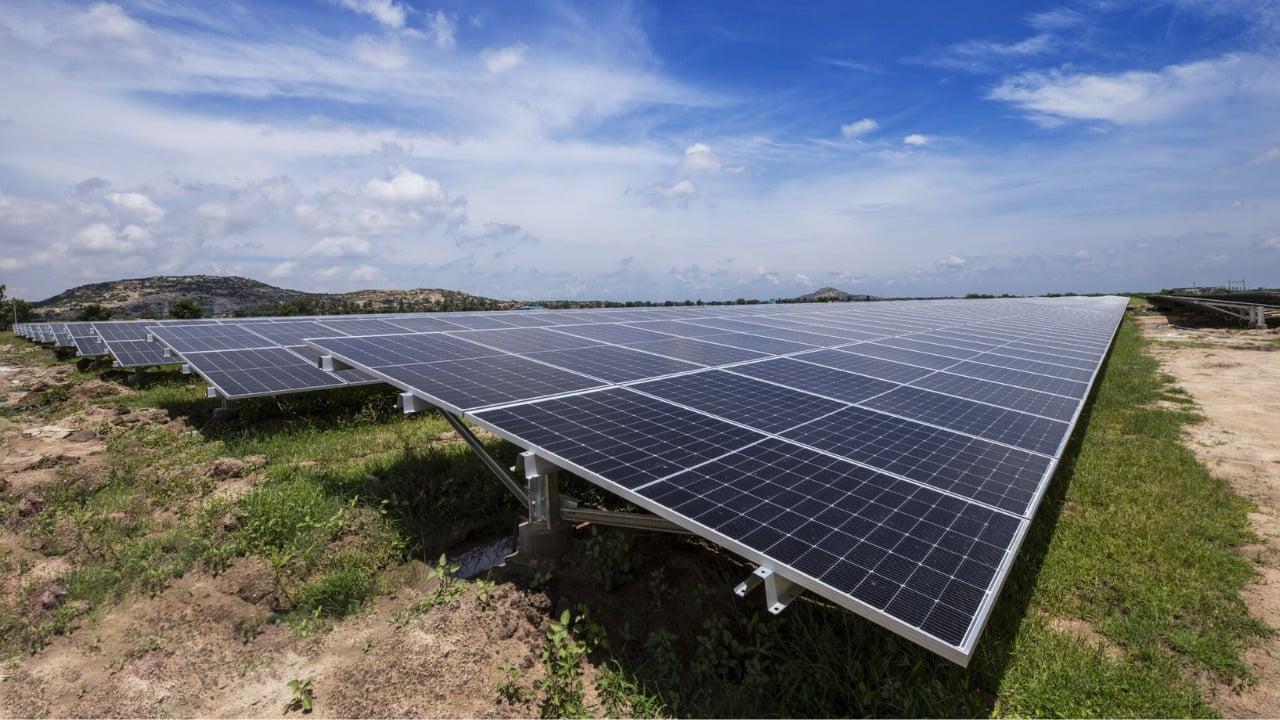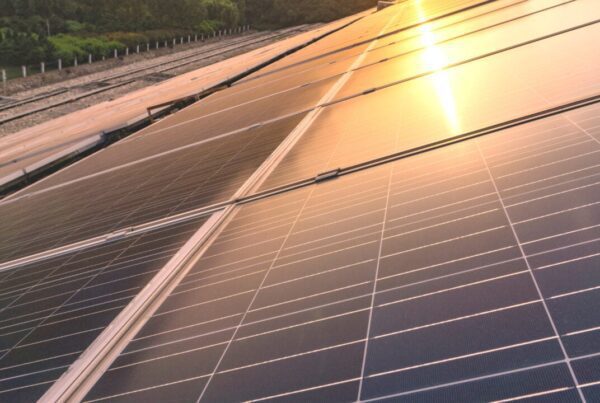
Ember’s forecasts expect the contribution of gas to increase to around 30% by 2040, the point at which coal will be phased out of the energy mix entirely, while solar will account for 20%, more than any single other renewable power technology, and up from just 0.2% as of 2023. This would be quite the expansion of the country’s solar sector, which passed the threshold of 700MW of cumulative installed capacity just over one month ago.
However, the Ember report notes that Indonesia’s expected emphasis on gas, rather than renewable power, to replace the coal-fired capacity generation, could be a mistake in the long-term; by 2040, Ember expects the country to increase its installed gas capacity from 21GW to 108GW, and notes that investments in gas power are “less viable” than those made in solar PV.
Policy recommendations
To effectively replace the electricity generated by coal with renewable power, Ember calls for Indonesia to cut around 3GW of coal capacity each year, and add 8GW of new renewable power capacity, annually to 2040. In this scenario, by 2040, Indonesia would have 75GW of solar capacity in operation, alongside 29GW of wind capacity, 43.4GW of “other” clean energy sources and 40.7GW of gas capacity.
This would push the country’s total cumulative power capacity above 200GW, and aligns with other government targets announced earlier this year.
The think tank calls for a number of policy reforms to change the country’s energy mix including encouraging greater private sector engagement in the Indonesian energy sector, and introducing a “comprehensive regulatory framework” to earmark specific coal power plants for closure.
The Ember report also notes that storage systems will likely be a key component of this transition. The policy recommendations include the implementation of “essential” storage technology to support solar projects, and improving the country’s grid infrastructure as a whole, ultimately forecasting the country to have 68GWh of battery capacity in place by 2040.
“Indonesia stands at a tipping point to end coal by 2040. The country has a powerful advantage, including abundant resources for producing battery components for storage capacity,” said Dr Dinita Setyawati, senior electricity policy analyst for Southeast Asia at Ember, and one of the authors of the report. “This presents a significant opportunity to integrate solar energy with batteries, facilitating the transition to a green economy.”





